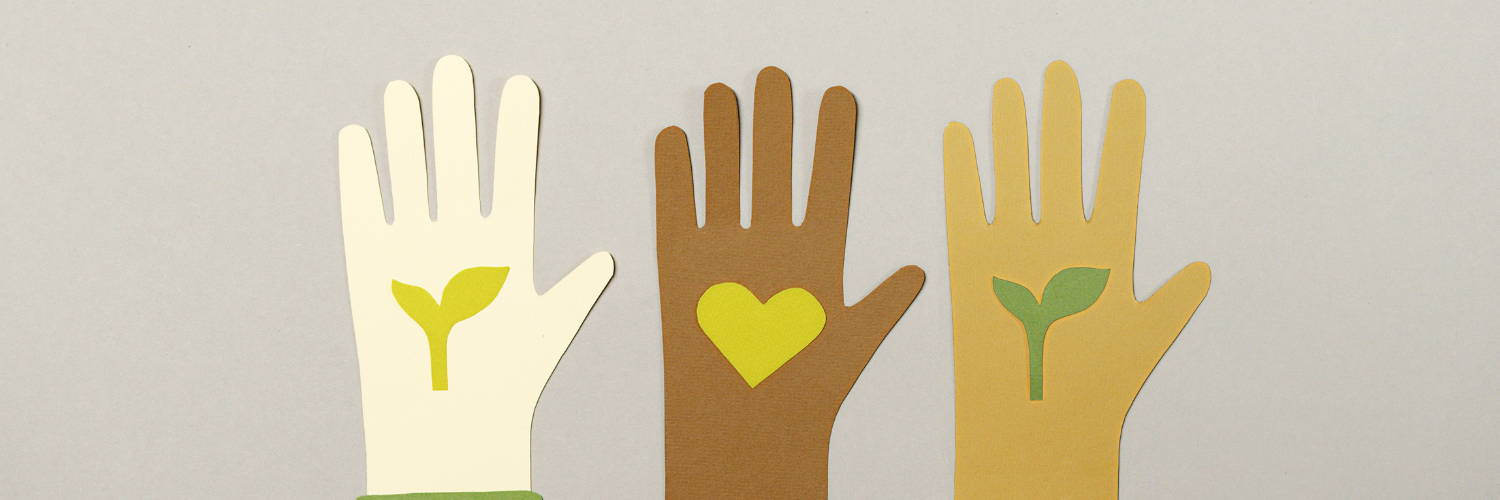
What is the circular economy?

Image source: Opersan
Although the circular economy is still a relatively unknown concept to the public, major institutions are already aware of the need for change. In this context, in December 2015, the European Commission approved its first circular economy action plan, with 54 actions to be taken by different European countries to ensure that the transition to this economic model is carried out efficiently, responsibly, and always considering economic competitiveness and job creation. The five main areas to be addressed in this plan are related to the use of plastic, combating food waste, the use of critical raw materials, construction and demolition, and finally, biomass and derived products (bio-based).

Image source: European Commission
One of the main objectives of Digiplanet is to promote the circular economy. This is clear in our values and, through the process of refurbishing and subsequent resale of refurbished computer equipment, we are contributing to the sustainability and preservation of our planet, through a responsible and more environmentally friendly economic activity.



Share this article:
What to expect from COP27?
How to have safer internet browsing?